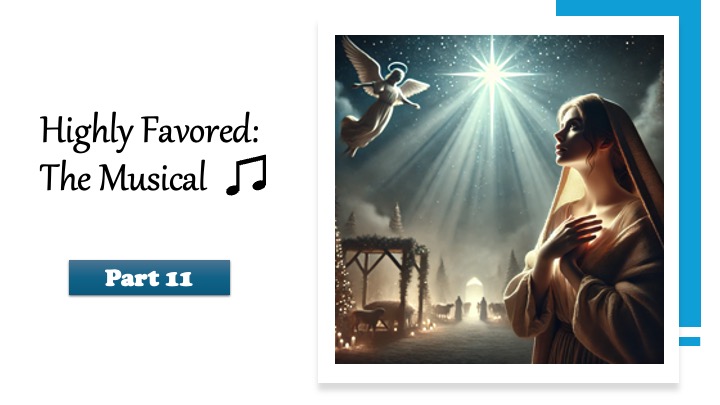Texts in the Old Testament (most notably in Exodus and Deuteronomy) invite us to look to the past. They exhort us to rest on Sabbath in order to celebrate God’s accomplishments at Creation and at Redemption. Hebrews 4:9-11, however, invites us to look to the future. It tells us that God has prepared a Sabbath rest that is in the future. It suggests a new dimension for Sabbath keeping. Sabbath rest memorializes not only God’s victories in the past, but also celebrates God’s promises for the future.
Other scriptures referenced include 2 Timothy 3:16; Mark 2:27-28; Hebrews 1-4; 2 Samuel 7:10, 11; Exodus 8:1; Genesis 2:1-3; Exodus 20:8-11; Deuteronomy 5:12-15; Hebrews 10:12-14; 1 Kings 4:21-25; Psalm 105:43-45; Exodus 5:5; Genesis 11:31-12:4; Exodus 19:4; Deuteronomy 12:1-14; Hebrews 10:24; Hebrews 12:15; Psalm 95; Exodus 15:18-21, Deuteronomy 11:24, and 2 Samuel 8:1-14.

Abram had just achieved a great victory, rescuing his nephew Lot from enemy kings, but his faith was immediately tested. He was approached by...

This week we are replaying "Best of" episodes from the past. In this reprise of In Highly Favored: Part 11, Mary departs from Elizabeth's...

Many of us who have grown up in the church have received mixed messages when it comes to what the Bible has to say...